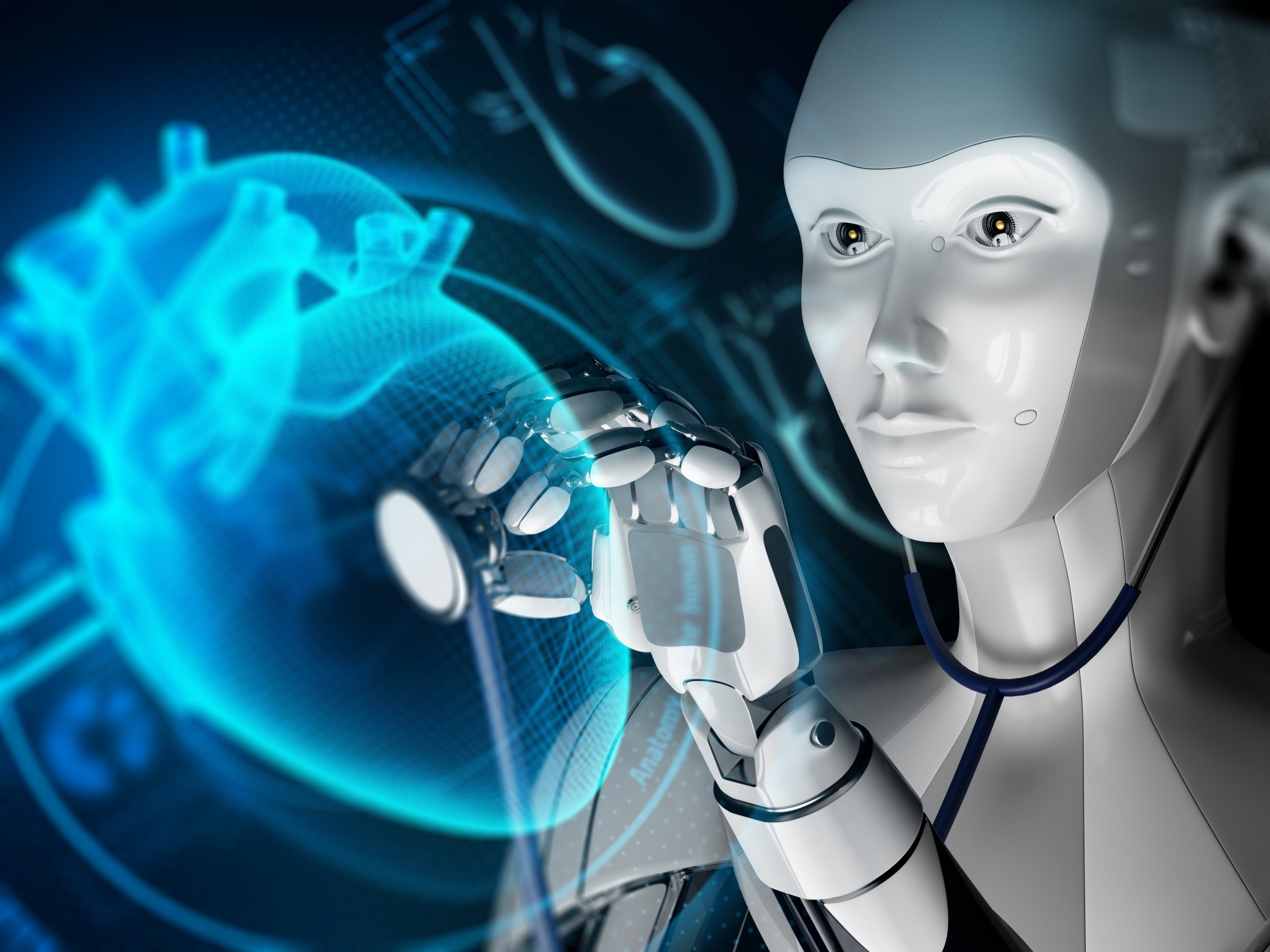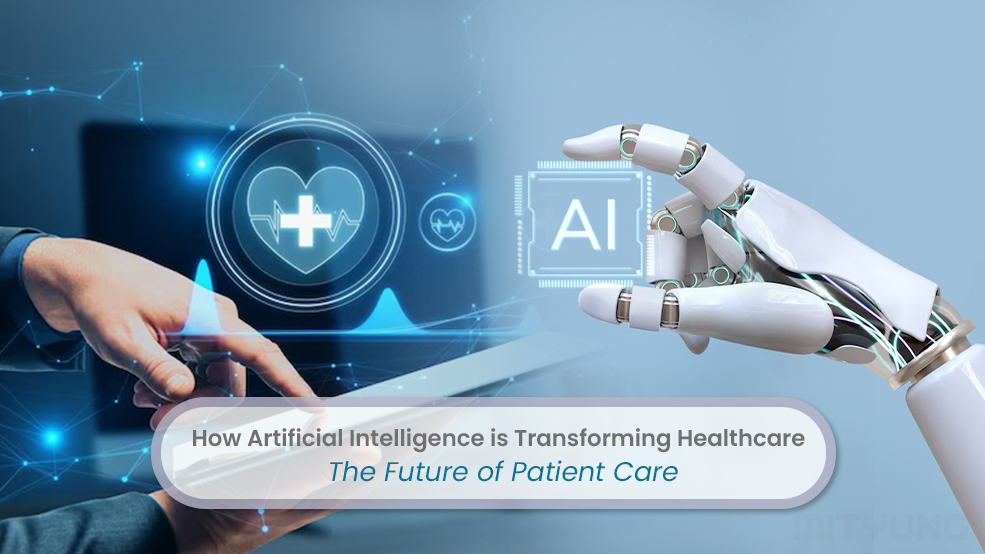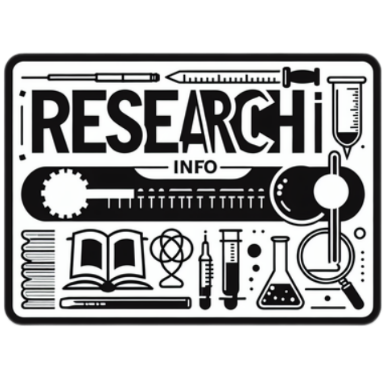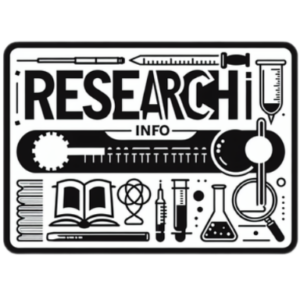
The healthcare industry is undergoing a profound transformation, driven by the rapid advancement of Artificial Intelligence (AI) and Machine Learning (ML). These technologies are revolutionizing various aspects of healthcare, from diagnostics and treatment to patient management and drug discovery. In this article, we’ll explore how AI and ML are reshaping healthcare, focusing on the latest innovations and their impact on improving patient outcomes and operational efficiency.
1. AI-Powered Diagnostics: Enhancing Accuracy and Speed
One of the most significant advancements in healthcare AI is its application in diagnostics. AI algorithms can analyze medical images, such as X-rays, MRIs, and CT scans, with remarkable precision. For instance, AI systems like Google’s DeepMind have demonstrated the ability to detect eye diseases and cancers from imaging data faster and more accurately than human radiologists. These AI models are trained on vast datasets, allowing them to recognize patterns and anomalies that might be missed by the human eye.
Additionally, AI is being used to analyze patient records and identify potential diagnoses based on symptoms and medical history. By cross-referencing millions of case studies, AI can suggest possible conditions and recommend further tests or treatments, thus accelerating the diagnostic process and improving accuracy.
2. Personalized Medicine: Tailoring Treatments to Individual Needs
Personalized medicine, also known as precision medicine, is another area where AI and ML are making significant strides. Traditional treatment approaches often follow a one-size-fits-all model, but personalized medicine aims to tailor treatments to the genetic makeup, lifestyle, and environmental factors of individual patients.
AI algorithms can analyze genetic data to predict how patients will respond to specific treatments. For example, AI can help oncologists identify the most effective cancer therapies based on a patient’s genetic profile, leading to more targeted and effective treatments with fewer side effects. This approach not only improves treatment outcomes but also reduces the trial-and-error process commonly associated with finding the right medication.
3. Predictive Analytics: Anticipating Health Risks and Preventing Diseases
Predictive analytics powered by AI and ML is transforming preventive healthcare by enabling early detection of potential health risks. By analyzing data from various sources, including electronic health records (EHRs), wearable devices, and genetic information, AI models can identify patterns that indicate a higher risk of developing certain conditions.
For instance, AI can predict the likelihood of patients developing chronic diseases such as diabetes or heart disease based on their health data and lifestyle choices. This proactive approach allows healthcare providers to implement preventive measures and interventions before symptoms manifest, ultimately reducing the incidence of severe health issues and improving overall patient health.
4. Drug Discovery and Development: Accelerating the Path to Market
The process of drug discovery and development is notoriously lengthy and expensive. AI and ML are revolutionizing this field by accelerating the discovery of new drugs and optimizing clinical trials. AI algorithms can analyze vast amounts of biological and chemical data to identify potential drug candidates and predict their efficacy.
For example, AI has been used to discover new treatments for diseases like COVID-19 by rapidly analyzing existing compounds and predicting their potential effectiveness. Additionally, AI can help design more efficient clinical trials by identifying suitable participants and predicting how they will respond to treatments, thus speeding up the approval process and bringing new therapies to market more quickly.
5. Healthcare Administration: Streamlining Operations and Reducing Costs
AI and ML are also enhancing operational efficiency in healthcare administration. From managing patient schedules and streamlining billing processes to optimizing resource allocation and reducing administrative burdens, these technologies are helping healthcare organizations operate more efficiently.
AI-powered chatbots and virtual assistants are increasingly used to handle routine tasks such as appointment scheduling and patient inquiries, freeing up healthcare professionals to focus on more complex tasks. Additionally, AI can analyze operational data to identify inefficiencies and suggest improvements, leading to cost savings and better resource management.
6. Remote Monitoring and Telemedicine: Expanding Access to Care
The rise of remote monitoring and telemedicine, facilitated by AI and ML, is transforming how healthcare is delivered, especially in underserved or remote areas. Wearable devices equipped with AI can continuously monitor patients’ vital signs and alert healthcare providers to any anomalies in real-time.
Telemedicine platforms, enhanced by AI, enable virtual consultations and remote diagnostics, allowing patients to access care without the need for in-person visits. This technology is particularly beneficial for individuals with chronic conditions who require regular monitoring or those who face barriers to accessing traditional healthcare services.
7. Ethical Considerations and Future Prospects
As AI and ML continue to advance, ethical considerations are becoming increasingly important. Ensuring data privacy, addressing potential biases in algorithms, and maintaining transparency in AI-driven decisions are critical challenges that need to be addressed to build trust in these technologies.
Looking ahead, the integration of AI and ML in healthcare is expected to grow, with ongoing research and innovation paving the way for even more sophisticated applications. From enhancing patient care and optimizing healthcare operations to accelerating medical research and improving accessibility, AI and ML are set to play a pivotal role in shaping the future of healthcare.
Conclusion
AI and Machine Learning are driving transformative changes in healthcare, offering unprecedented opportunities to enhance diagnostics, personalize treatments, predict health risks, and streamline operations. As these technologies continue to evolve, they hold the promise of delivering more effective, efficient, and accessible healthcare solutions. Embracing these innovations while addressing ethical considerations will be key to unlocking their full potential and improving patient outcomes across the globe.












